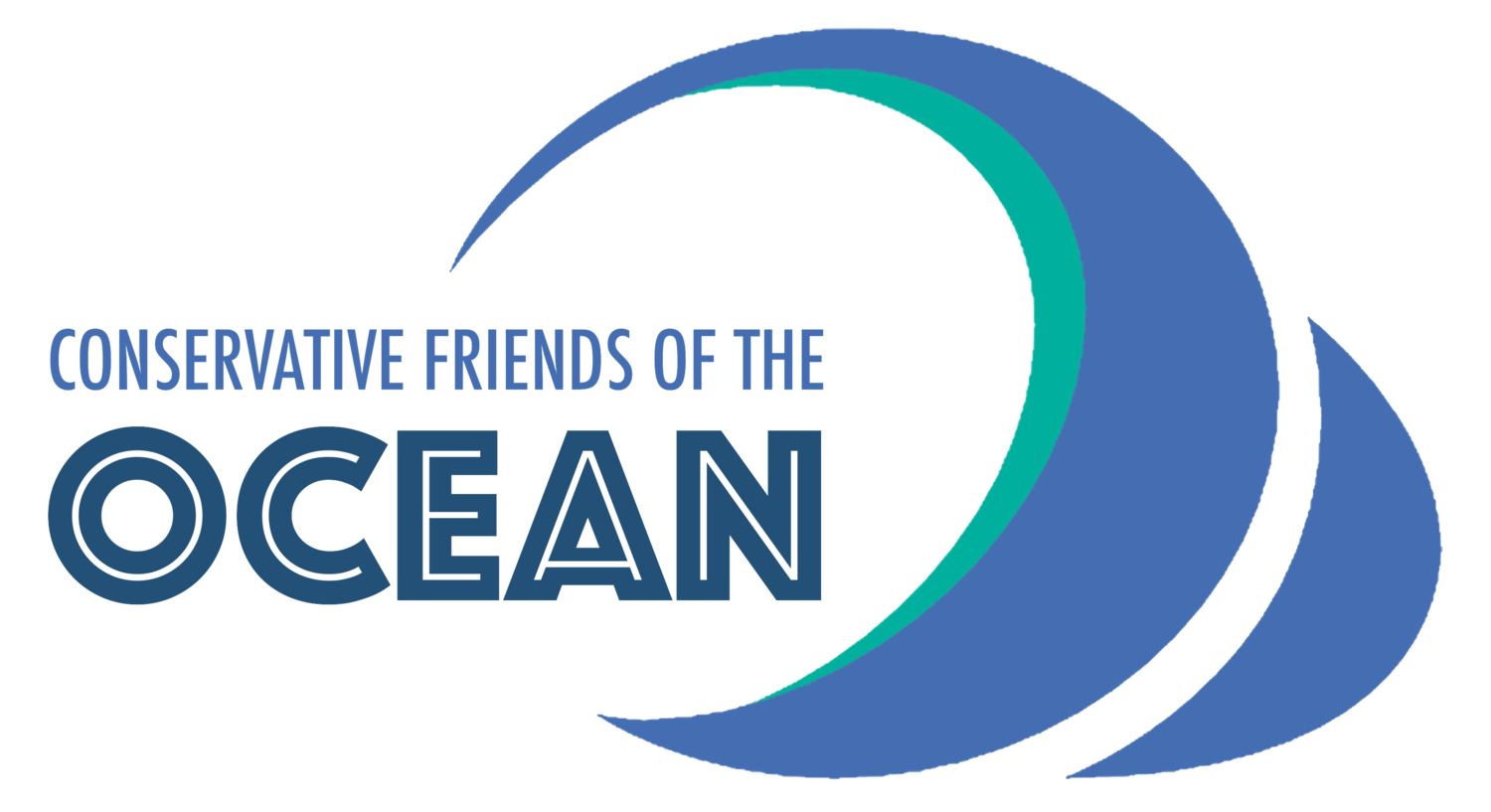Protecting our oceans will not just facilitate economic growth, but accelerate it.
The majority of Conservatives want to see a strong economy and a strong environment. Protecting our oceans will not just facilitate economic growth, but accelerate it: through action on climate change, biodiversity and energy.
Climate change brings long term financial risks for those affected by weather related events.
Its impact on economic markets is profound: causing physical, transition and liability risks to companies of all sizes. The 2022 IPCC report highlighted that climate-change impacts that increase food insecurity, income loss and poverty can also exacerbate maritime criminal activity – which can include illegal fishing, drug trafficking or piracy. This has a domino effect on UK security and trade. In late 2021, the Royal Navy deployed HMS Trent to protect the Gulf of Guinea, where £6 billion of UK trade passes through. We now need to see more assistance closer to home, with protection of key marine hotspots such as the Dogger Bank, which have been blighted by illegal, unreported and unauthorised fishing despite it being classed as a Marine Protected Area. The Marine Maritime Organisation currently only has two vessels covering the entirety of English waters.
Coastal communities are often most affected by climate-related events, whether that be coastal erosion, heathland fires and sewage overflow following drought. Climate risk is likely to impact local economies and, more grimly, cause market failures that affect all consumers no matter where they live. The number of extreme wet days in the UK is increasing, costing the UK economy around £2.2 billion a year and causing stress and hardship for homeowners, as well as unprecedented challenges for businesses, councils and the insurance industry. Restoration of wetlands, for example, which might include the managed reintroduction of beavers, provides a self-sufficient water management resource. Following beaver reintroduction in 2015, the Devon Wildlife Trust found that the animals not only reduced flooding through dam-building but also held water in dry periods which prevented sediment and inorganic fertilisers from being washed from farmland into nearby water, reduced erosion and improved water quality.
Biodiversity loss poses a more under-appreciated threat to financial stability.
Recent scientific reports, such as the LSE’s Grantham Institute’s report on central banking and supervision in the biosphere, show that economic activity depends upon ecosystem services provided by biodiversity. Given the water quality of our oceans is currently threatened, it is encouraging that the Secretary of State, Ranil Jayawardena, recently announced that fines for those who breach water pollution rules will be increased 1,000 fold.
But without proper regulation of other marine activities, our fishing industry will soon suffer from depleted stocks. Fines for illegal, unreported and unregulated fishing are comparatively small when judged against other regulatory fines. The government could benefit financially from sanctions which reflect a percentage of a company’s profits to ensure long-term fish stocks as well as vital ecosystem services. This would bring much needed government revenue to manage our oceans long term.
The Marine Protected Areas (Bottom Trawling) Bill, sponsored by MP Chris Grayling, has now entered its Second Reading, proposing a prohibition of bottom trawling in marine protected areas. It allows exceptions, however, “to support small-scale fisheries… in areas where bottom trawling would not cause serious environmental damage”. This concession fails to appreciate the importance of areas which have been depleted of life through anthropogenic pressures and risks marine environments being left with pockets of protected areas selected for a few habitat features or species, neglecting the entire ecosystem. Studies in the English Channel indicate that water pollution impacts reproductive capacity of crustaceans and dredging can cause the mobilisation of historic sediment disposal containing tributyltin (now banned), wreaking havoc to fish reproduction. Another valuable change would be to introduce quotas for species which currently have no allocation. Striped red mullet, for example, is fished extensively throughout the eastern English Channel, where landings are now 10 times 1990 levels. Providing quotas for these species would benefit fishermen and women’s catch long term.
Our oceans have enormous potential for our future self-reliance on energy.
Utilising our oceans as an energy source is not only sensible from a security and self-reliance standpoint, but it can also bring economic growth to previously declining coastal communities. The availability of tidal energy is precisely predictable for years in advance (given that tidal predictions are accurate, unlike solar and wind energy which is dictated by changing weather patterns). Increasing our tidal energy supply would provide certainty of energy supply in times of crisis.
Where offshore wind farms currently exist, ways to stimulate new carbon sequestration should be exploited can ensure that areas of energy production are also long-term carbon sinks. Recent studies in the US have shown that kelp, a carbon sink 20 times more effective per acre than land forests, can colonise artificial hard substrates as deep as 30 metres. Offshore wind farm foundations have also been proven to provide a base for culturing the European flat and other seaweeds. Following feasibility studies which will always be unique to a given coastline, such species introductions could provide a future replacement income for local fishing communities. With offshore wind set to power a third of Britain’s electricity by 2030, such initiatives could secure the long-term viability of offshore wind farms nationwide.
It is encouraging that Defra Minister Ranil Jayawardena believes in growth and the environment – and is committed to upholding the Environment Act’s targets. CFOTO hopes that the government takes on board the economic potential of our UK coastline and oceans. Regulation and action to help our oceans and coastal communities should be considered an income opportunity, not a burden.


